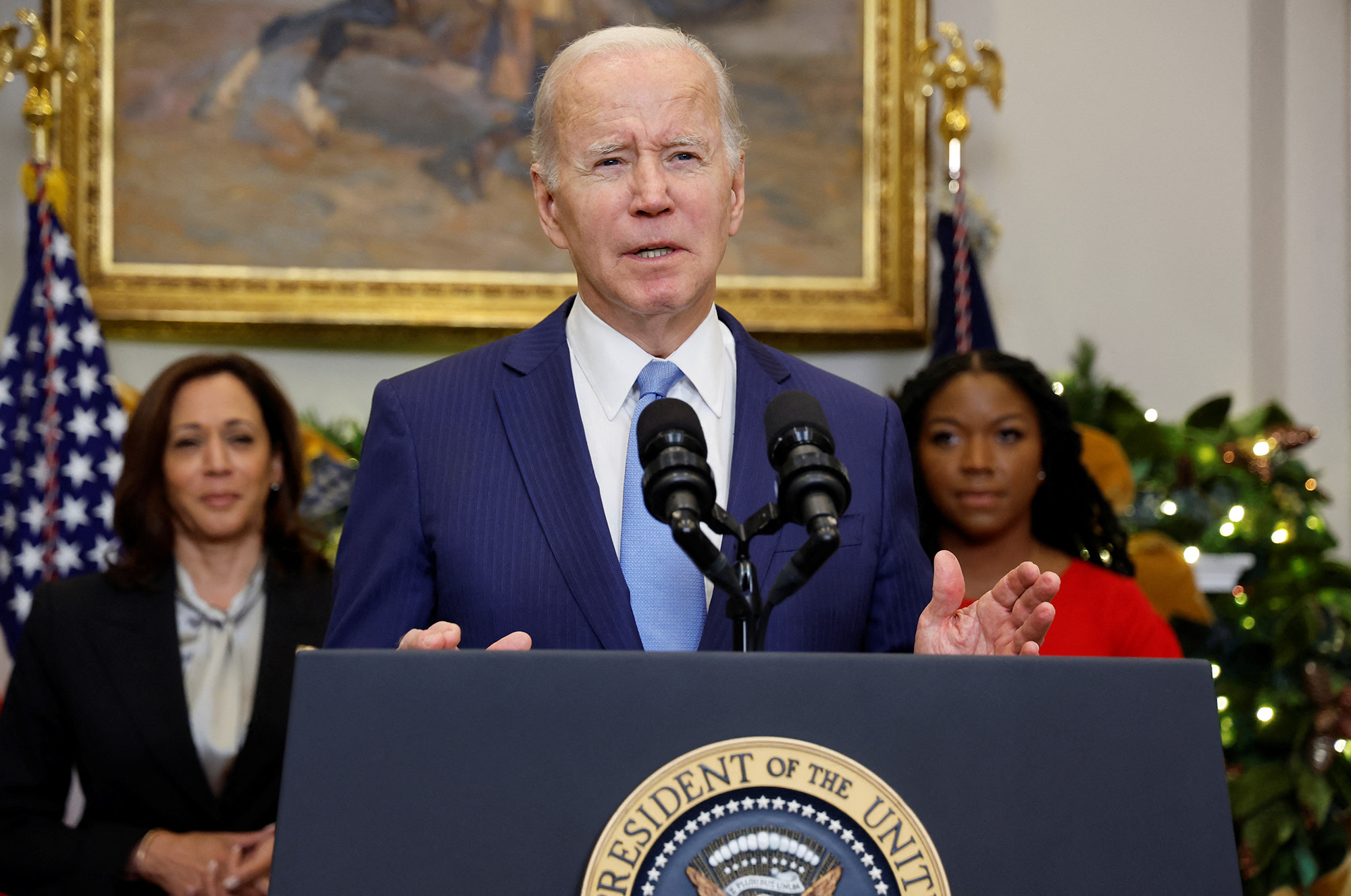President Joseph R. Biden Jr. has issued a proclamation outlining significant changes to the United States’ trade relations and designations.
The proclamation focuses on actions under the African Growth and Opportunity Act (AGOA) and other trade-related matters.
Changes to Beneficiary Sub-Saharan African Countries:
1. Mauritania Designation: The President has designated the Islamic Republic of Mauritania as a beneficiary sub-Saharan African country under section 506A of the Trade Act.
2. Termination of Designations: On the contrary, the designations of the Central African Republic, Gabon, Niger, and Uganda as beneficiary sub-Saharan African countries have been terminated effective January 1, 2024.
Trade Agreements and Agricultural Products:
3. Extension with Israel: The President has extended the period of the 2004 Agreement with Israel concerning certain aspects of trade in agricultural products through December 31, 2024. This extension aims to allow further negotiations on an agreement to replace the 2004 Agreement.
4. Tariff Treatment: To maintain reciprocal and mutually advantageous concessions with Israel, duty-free access into the United States for specified quantities of certain agricultural products of Israel has been extended for an additional 1-year period.
Modifications to the Harmonized Tariff Schedule (HTS):
5. HTS Modifications: The Harmonized Tariff Schedule is modified to reflect these changes. General note 16(a) to the HTS now includes the Islamic Republic of Mauritania as a beneficiary sub-Saharan African country. Additionally, note 2(d) to subchapter XIX of chapter 98 of the HTS is modified to include Mauritania as a lesser developed beneficiary sub-Saharan African country.
6. Effective Dates: The modifications to the HTS will be effective with respect to goods entered for consumption or withdrawn from the warehouse for consumption on or after January 1, 2024.
These proclamations mark a significant shift in the United States’ trade relations with several African countries and Israel. The decisions aim to align trade policies with current geopolitical and economic considerations, emphasizing the dynamic nature of international trade relations.



